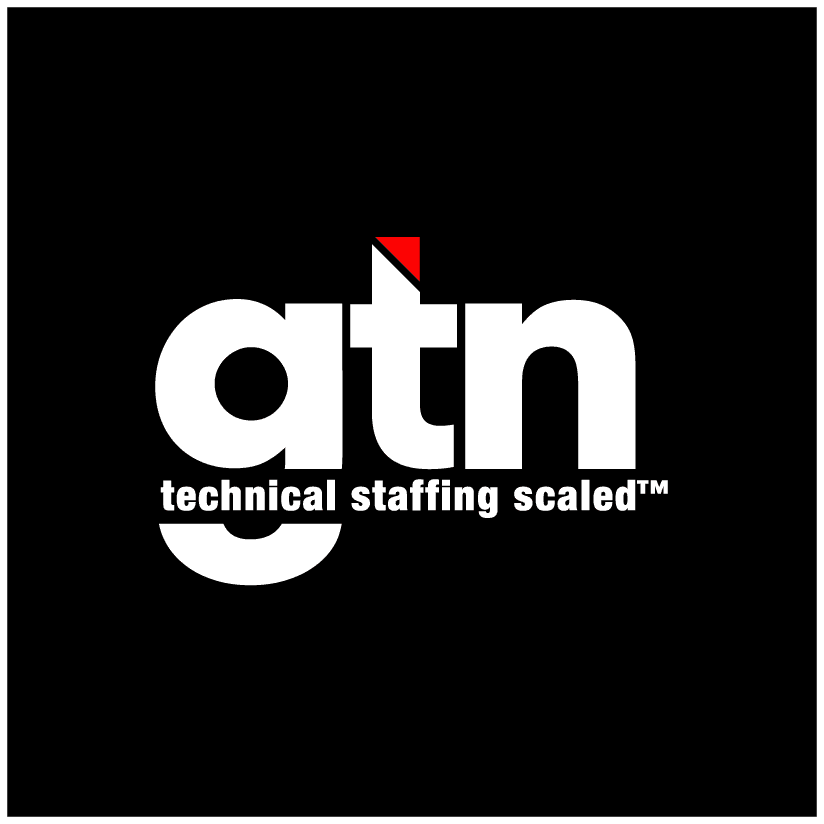Effective Interviewers Are Made, Not Born When You Provide Interview Training to Hiring Managers
If you want your company to effectively vet and screen candidates through the interview process, you need to provide thoughtful and comprehensive interview training to hiring managers.
The skills and knowledge required to conduct a productive interview don’t come naturally for most people. Even the best HR folks may not understand the techniques, structure, and questions that can elicit the insights companies need to make the right hiring decisions. With so many other responsibilities on their plate, hiring managers may not have the time or feel the need to improve their interviewing skills.
Companies need to arm their hiring managers with the tools required to conduct solid interviews. Here are some tips on how to provide interview training to hiring managers that will deliver the new hires your company wants.
Emphasize The Critical Importance of Interviews in the Hiring Process During Interview Training to Hiring Managers
There are many stages of the hiring process, but few are as critical – and make more of an impact on the candidate experience – than the interview. The interview serves as the first face-to-face interaction a potential hire has with a potential employer. If they walk out of the interview feeling disrespected, or the interviewer appears disengaged and uninterested, it can leave an insurmountably bad taste in the candidate’s mouth.
In a competitive market, a bad interview can be enough to make a potentially great hire look elsewhere for their next opportunity.
Related: 10 Interviewing Tips for Tech Hiring Managers for 2020
Provide an Interview Preparation Checklist
The best candidates thoroughly prepare for their interviews. The best hiring managers should do the same.
Before interviewing any candidates for an open position, the hiring manager should go through a preparation checklist to ensure they have the background information they need to ask the right questions to each interviewee.
An interview preparation checklist will ensure that the hiring manager:
- Thoroughly understands the requirements and responsibilities of the position they need to fill.
- Has coordinated with department leaders or others whose input can help them understand the qualities they seek in the new hire.
- Can identify required skill sets and desired qualifications for the position.
- Reviews each candidate’s resume before the interview so they can prepare and ask specific, relevant, and elucidating questions about the candidate’s experience and career trajectory.
- Has questions prepared in advance.
- Can speak about the company’s values, structure, and mission if asked.
- Understands any legal limitations on what questions they can ask.
Get the Hiring Manager in Tune with Body Language
Companies don’t interview resumes; companies interview people. Candidates can convey a lot with non-verbal cues. Effective interviewers learn to read those cues to obtain insights about a candidate’s personality, how they interact with others, and how they feel about the interview or the position itself.
If they act anxious or nervous, the interviewer may alter their tone or approach to try to help them relax. If a candidate’s body language conveys a nonchalant attitude or appears that they don’t really want to be there, that can say a great deal about how they would approach the position if hired.
Understanding the importance of body language can also help hiring managers to avoid counterproductive behavior themselves that could make a candidate feel like the interview is more of a burden than it is an opportunity to learn about the candidate’s suitability for the position. Body language truly plays a major role when you provide interview training to hiring managers.
Interview Training to Hiring Managers Should Help Them Understand and Avoid Biases
Implicit and unconscious biases affect everybody, whether they know it or not. People can have a natural inclination to gravitate towards people like themselves, whether by background, education, interests, and, yes, race or gender.
In an era where companies recognize the value and need for diversity and inclusion in their workforce, eliminating biases in the hiring and interviewing process has never been more critical. Provide your hiring manager with education and training that can help them recognize their own biases. Don’t hesitate to bring in outside resources, speakers, or programs that focus on eliminating implicit bias in the workplace.
GTN Technical Staffing: Finding and Delivering the Best Tech Talent to the Best Tech Companies
Whether you are looking for temporary, contract-based work, or a permanent position in the tech industry, an experienced technical staffing company can help connect the best candidates to the best employers. GTN provides scalable technical staffing solutions that can help ensure you find the best candidates for your business.
Contact us today to learn how we can help you navigate an ever-changing tech employment landscape.
Read More on Tech Hiring
Questions Tech Candidates Wish Hiring Managers Would Stop Asking






